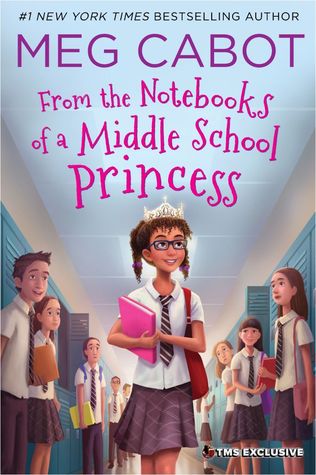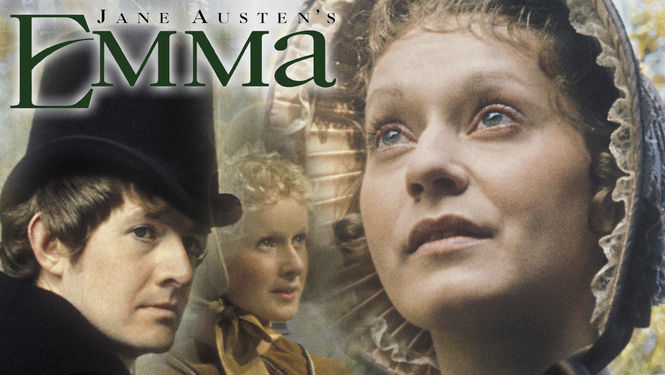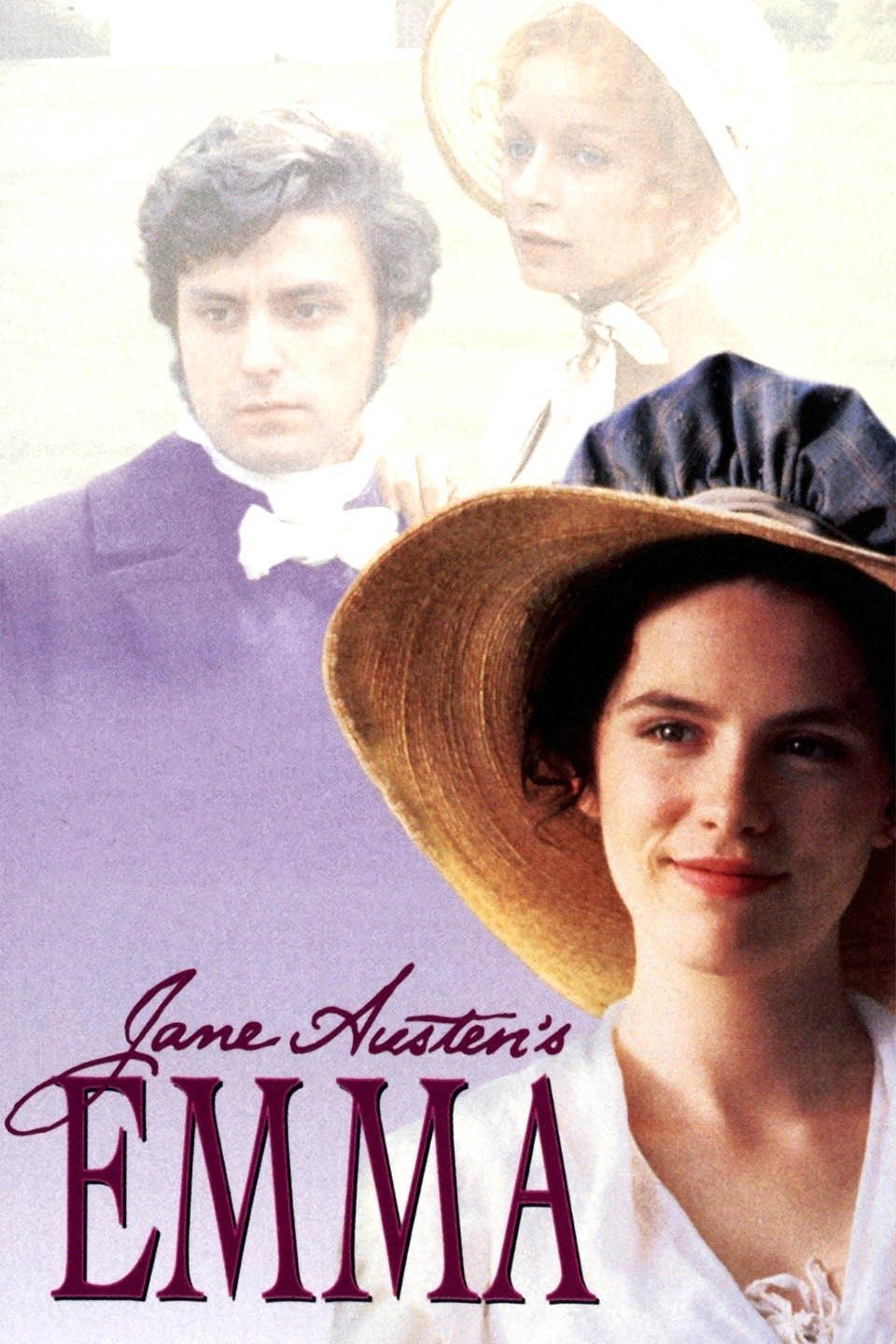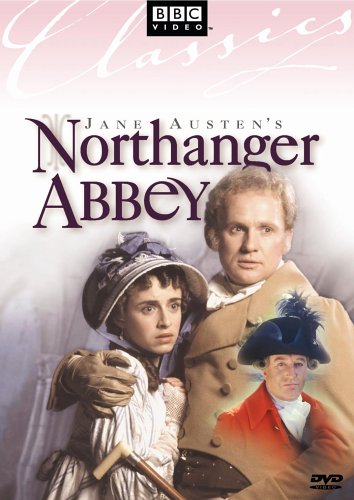Saturday, 31 December 2016
2016 in Review
Thursday, 22 December 2016
Book Review: In Wartime: Stories from Ukraine by Tim Judah
Ever since Ukraine’s violent 2014 revolution, followed by Russia’s annexation of Crimea, the country has been at war. Misinformation reigns, more than two million people have been displaced, and Ukrainians fight one another on a second front—the crucial war against corruption.
With In Wartime, Tim Judah lays bare the events that have turned neighbors against one another and mired Europe’s second-largest country in a conflict seemingly without end.
In Lviv, Ukraine’s western cultural capital, mothers tend the graves of sons killed on the other side of the country. On the Maidan, the square where the protests that deposed President Yanukovych began, pamphleteers, recruiters, buskers, and mascots compete for attention. In Donetsk, civilians who cheered Russia’s President Putin find their hopes crushed as they realize they have been trapped in the twilight zone of a frozen conflict.
Judah talks to everyone from politicians to poets, pensioners, and historians. Listening to their clashing explanations, he interweaves their stories to create a sweeping, tragic portrait of a country fighting a war of independence from Russia—twenty-five years after the collapse of the USSR.
Tuesday, 6 December 2016
Top Ten New-to-Me Authors I Read in 2016
1. Dorothy Sayers (Gaudy Night, Whose Body?)
2. Jules Verne (Journey to the Centre of the Earth)
3. Stephanie Ricker (A Cinder's Tale, The Battle of Castle Nebula, The Star Bell)
4. Jacqueline Harvey (Alice-Miranda at School)
5. Harper Lee (To Kill a Mockingbird)
6. G.K. Chesterton (The Innocence of Father Brown)
7. Susie Day (Pea's Book of Best Friends)
8. Paula Byrne (Belle)
9. Suzannah Rowntree (The Rakshasa's Bride)
10. Henry Van Dyke (The Story of the Other Wise Man)
Wednesday, 30 November 2016
Monthly Recap: November
Wednesday, 23 November 2016
Book Review: Whose Body? by Dorothy L. Sayers
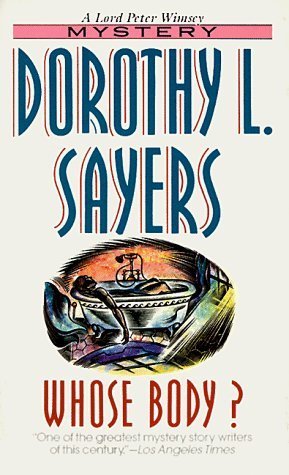
This is the first in Dorothy Sayers' Lord Peter Wimsey mystery series, but the second that I have read. Gaudy Night
was really good but, since many people consider it the best in the
series, I was worried that this book wouldn't live up to it; especially
as GN focuses mostly on Harriet Vane, who doesn't appear in this book,
and I wasn't sure I would enjoy this as much with only Peter. I needn't
have worried though; although this isn't quite as good, it's definitely
still very enjoyable.
There are a few offensive comments made by characters in the book, particularly with regards to Jewish people, which has caused some controversy; although the impression I got was that these reflected the views of the characters saying them (and of many people at the time the book was written), and are not necessarily those of the author. Other than that, I can't think of many things I didn't like about this book.
Overall, this was a great book, and I'm looking forward to reading the rest of the series.
Tuesday, 22 November 2016
The Bookish Time Travel Tag
This tag seems to have been going around for quite a while now, as I've seen it on a lot of blogs. I haven't been specifically tagged for it, but it looked fun so I'm going to steal it and fill it out anyway :) It originated from The Library Lizard.
Just one?! I've long had an interest in reading about Ancient Rome (started by the Roman Mysteries series, which I loved when I was about thirteen) but I also feel a strong draw seventeenth-century England (the Civil War and so on), although I'm not entirely sure why. More recently I've developed a love of the Middle Ages. Basically anything before about 1700 :) Although I enjoy books with more recent settings too!


Thursday, 17 November 2016
Mini-Reviews #4: Historical Settings


For a Jane Austen sequel, this was actually pretty good! It tells the story of what might have happened had Elizabeth accepted Darcy's first offer of marriage, in Kent. I'm not sure I can quite accept that, but if you can get past the premise, it's a pretty good book. The development of Elizabeth and Darcy's relationship feels fairly realistic, if a little fast; they have quite a lot to work through, since in this version of the story Elizabeth never receives Darcy's letter trying to explain what she perceives as the injuries he has done to those around her, and since she is not entirely honest about just how much she disliked him (until his proposal began to change per perception of him). The author also does a good job of delving into the implications of their decision - for example, what will Bingley's reaction be to his friend doing something that he had recently convinced him not to do (getting engaged to a woman of low connections who doesn't love him)? How will Elizabeth's family and her neighbours react, and how will they get on with Darcy? The characterisation and dialogue is mostly true to the original novel and the time period - although there are a few modern turns of phrase, and one or two historical inaccuracies, these are not major issues - and I enjoyed spotting a few quotes from the original novel. |

Tuesday, 15 November 2016
Ten of My Favourite Movies That Were Based on Books
- Sense and Sensibility (1995)
- Wives and Daughters (1999)
- Les Miserables (2012)
- The Hunchback of Notre Dame (1996)
- North and South (2004)
- The Chronicles of Narnia: The Voyage of the Dawn Treader (2010)
- Cranford (2007)
- Harry Potter and the Order of the Phoenix (2007)
- Ballet Shoes (2007)
- Little Women (1994)
Sunday, 13 November 2016
Thoughts on The Fellowship of the Ring
So, I have finally finished part one of The Lord of the Rings!
Tuesday, 8 November 2016
Ten Books I've Added to My Wishlist Lately




Death on the Cherwell by Mavis Doriel Hay






The Children of the King by Sonya Hartnett
Sunday, 6 November 2016
Mini-Reviews #3: Children's and YA




Thursday, 3 November 2016
Favourite Authors: Charlotte Mary Yonge
Wednesday, 2 November 2016
October Recap
What I Read


Currently Reading
Reviews Posted This Month
Non-Review Posts
Tuesday, 25 October 2016
Jane Austen Adaptations
Pride and Prejudice (1995 & 2005)
Sense and Sensibility (1981, 1995 & 2008)
Mansfield Park (1983)
Emma (1972 and 1996 (ITV))
Northanger Abbey (1987 and 2007)
Persuasion (1995 and 2007)
Other Adaptations
Thursday, 20 October 2016
Favourite Authors: Noel Streatfeild
 |
| By Source, Fair use, https://en.wikipedia.org/w/index.php?curid=32697871 |
- Portrayal of family life: her families are mostly fairly realistic (except in terms of the amount of talent possessed); they don't always get on but are mostly loving families still. There is a lack of parents in quite a few of her books (as in many children's books), but the sibling relationships tend to be very well done.
- Wish fulfilment: many of the children are very talented, and get to dedicate a lot of time to doing what they love, perhaps even making money from it from a young age, and a few become famous. Even if you've never really wanted to be an actor or a dancer, it's easy to fee like you do when you're reading the books.
- Details of everyday life: I like that she often tells you how various details are organised, how much things cost, and so on. For example, Party Shoes goes into quite a lot of detail on the difficulties of creating costumes for a pageant the children are putting on, when rationing was still in place. It makes the books feel more realistic, in spite of the amount of talent the children possess; and despite this, they still have to work hard to be good at what they do and to overcome various difficulties.
- Her books cover quite a long time period - from the 1930s to the 1970s; most of her books are set pretty much exactly when she wrote them. So from a historical viewpoint it's interesting to see how things changed over this time; in Ballet Shoes for example we have characters who are quite poor (or consider themselves to be) but still living in a big house with servants; which is certainly not the case in later books. Several books take place during the war and rationing of food and clothes also presents problems in some books. In the later books, the characters travel a lot more, often by plane, film acting becomes more common as opposed to stage acting (although both are there), and the children sometimes attend comprehensive schools (when they aren't at stage schools), rather than just private or grammar schools. And there are lots of little details and attitudes that change over time, that make it quite interesting to read some of her books from different decades.
Some of my favourites of her books are:
Theatre Shoes (Curtain Up!): This is a sort of sequel to Ballet Shoes, set in wartime London. Another trio of siblings are given scholarships by the Fossil sisters to attend the stage school that they went to, giving them the chance to discover their talents (or, perhaps, lack of).
Ballet Shoes for Anna: This is another book about a ballet-obsessed girl. Anna and her two brothers are orphaned by an earthquake in Turkey, and have to go and live with an aunt and uncle in England, who are unsympathetic to Anna's ballet dreams (and to the children in general). Since they won't pay for Anna to have ballet lessons, she and her brothers have to come up with inventive ways to make some.
Have you read any of Noel Streatfeild's books? Which ones did you enjoy most?
-
Hamlette at Hamlette's Soliloquy is hosting I Love Austen Week this week - a week dedicated to all things Jane Austen! Be sure to che...
-
Evie at Over the Hills is currently hosting an Anne of Green Gables week , so I thought I'd join in by filling in the tag. 1. How...
-
Top Ten Tuesday is a weekly meme hosted by The Broke and the Bookish . This week's topic is Ten Books That Have Been On Your Shelf (Or T...











